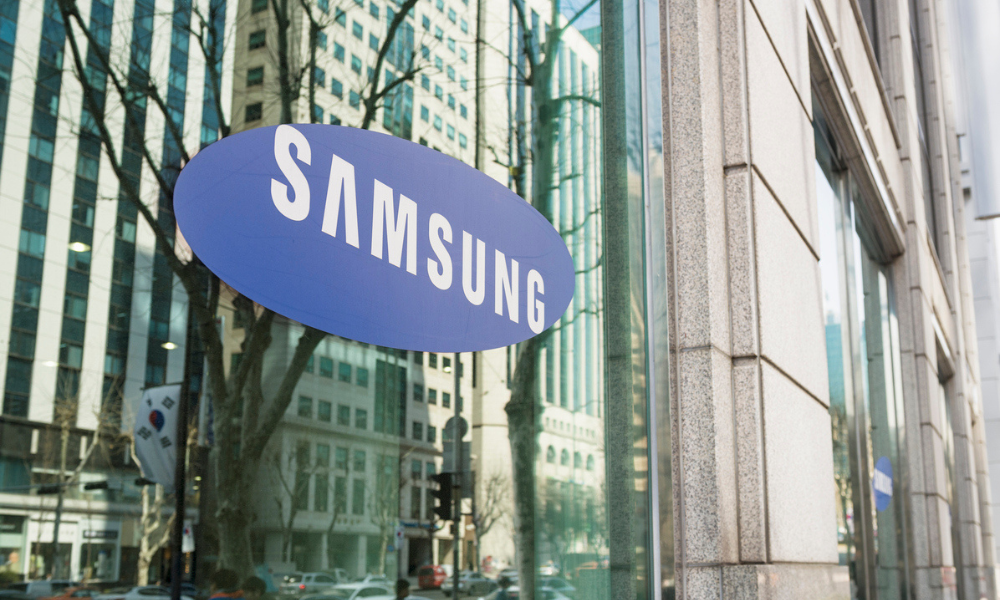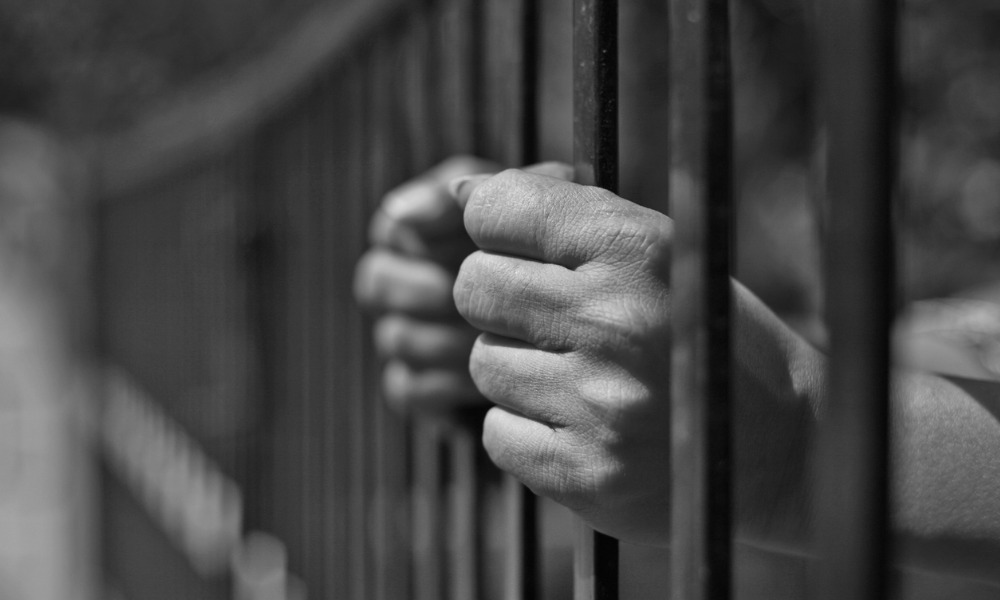The probe will look into the legal framework on sex harassment
.jpg)
Australia launched yesterday (20 June) a national inquiry into workplace sexual harassment.
Conducted by the Australian Human Rights Commission, the probe will look into the legal framework on sexual harassment and review complaints made to anti-discrimination agencies. It will also focus on the role of technology and social media.
The move is a sign that governments are responding to the online #MeToo movement against sexual misconduct.
“No one should have to suffer sexual harassment at work, or in any part of their lives,” Minister for Women Kelly O’Dwyer said in a statement.
O’Dwyer said the personal and career consequences of workplace sexual harassment were “very significant”. She cited negative impact such as reduced productivity, high staff turnover, absenteeism, compensation claims and early retirement.
According to the government, more than one in five people aged over 15 have been sexually harassed in Australia, with 68% of those cases occurring in the workplace.
Early reports from an ongoing national survey suggests that the rates have “increased significantly” since 2012, said sex discrimination commissioner Kate Jenkins, reported AFP.
“The commission will use the findings of the national survey to identify the scale and nature of the problem across a range of industry sectors,” she added.
In Singapore, the number of reported cases of workplace sexual harassment have increased slightly from 2016 (91 cases) to 2017 (108 cases), according to AWARE’s Sexual Assault Care Centre.
Members of parliament have suggested making reports mandatory and maintaining a public database for employers to voluntarily declare that they have formal policies on managing workplace harassment.
Minister of Manpower Josephine Teo disagreed on the call for formal legislation, however, and said that some employees prefer a private resolution and would rather make a report to employers without involving the authorities.
“Legislating mandatory reporting by employers…will close off this avenue for such employees and discourage them from raising the matter with anyone. This is not helpful to them," Teo said.
Employees in Singapore are given the choice to seek civil resolutions directly through the courts or report serious cases to the police. Victims of harassment are also urged to report any incidents to MOM or TAFEP.







